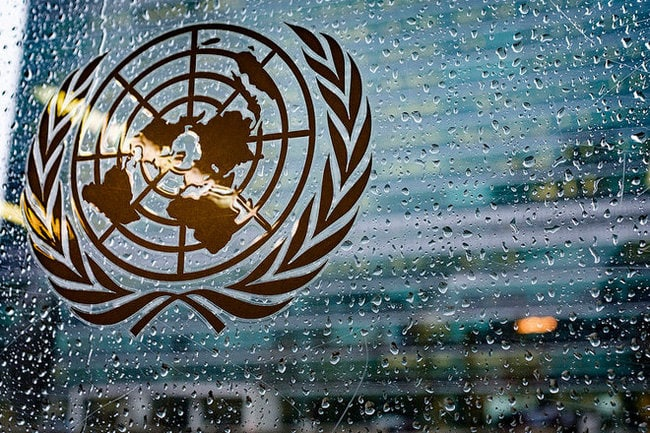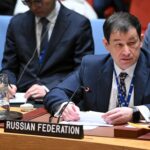In a move raising international concerns, Russia has successfully advanced a resolution through the UN General Assembly, granting the Collective Security Treaty Organization (CSTO) the authority to participate in UN peacekeeping missions. This development effectively legitimizes Russian military interventions under the guise of peacekeeping operations, potentially enabling Moscow to occupy foreign territories with UN backing.
Such a policy could threaten the sovereignty and territorial integrity of nations. For example, proposals for a peace settlement in Ukraine include establishing a buffer zone monitored by peacekeeping forces. Russia may exploit this to deploy CSTO troops, including forces from Belarus and Kazakhstan, whose military hierarchies are closely aligned with Moscow. Russia has previously tested CSTO involvement in interventions, such as in Kazakhstan in 2022, under the pretext of stabilizing the region.
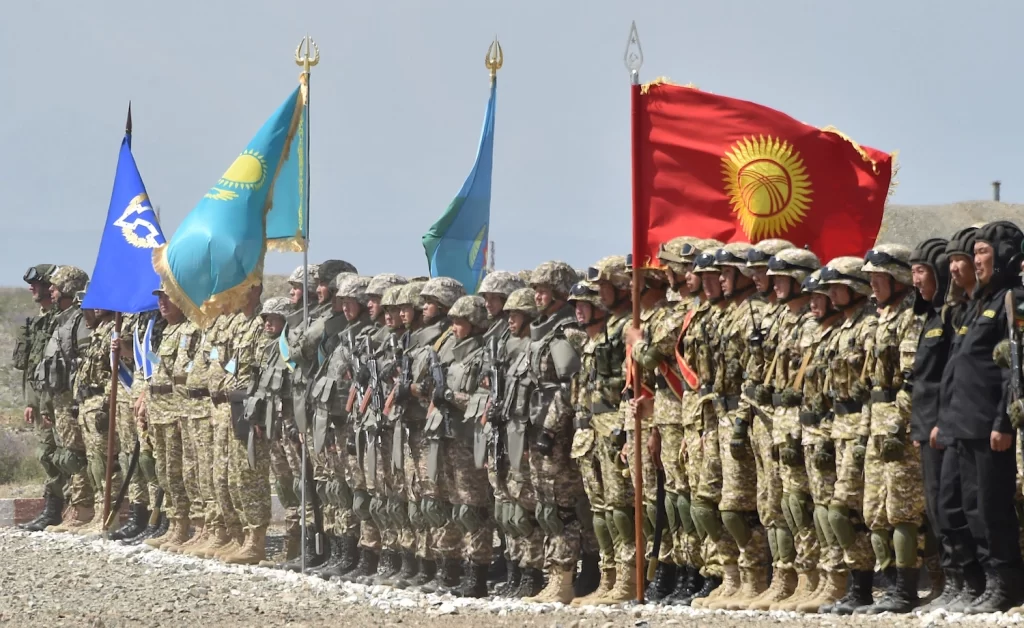
More on this story: Moscow tries to use the UN mandate in its CSTO-flagged operations
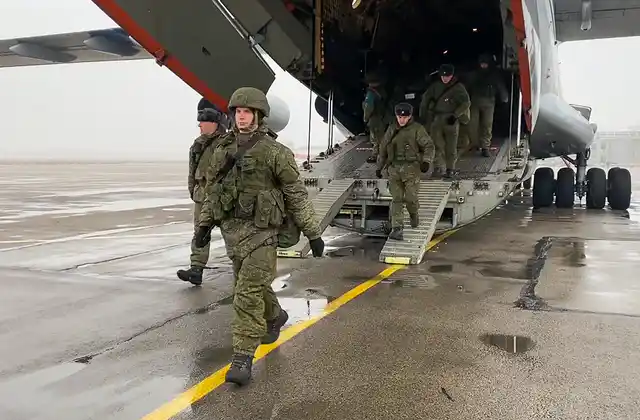
More on this story: Unrest in Kazakhstan: potential geopolitical impact
This new resolution could also embolden Russia to conduct hybrid operations in other strategic areas, such as the Baltics, where Moscow has historically alleged discrimination against Russian-speaking minorities. We caution that while direct NATO confrontation would likely be avoided initially, Moscow might use UN peacekeeping missions as a cover for deploying forces in regions of strategic interest, bypassing international scrutiny.
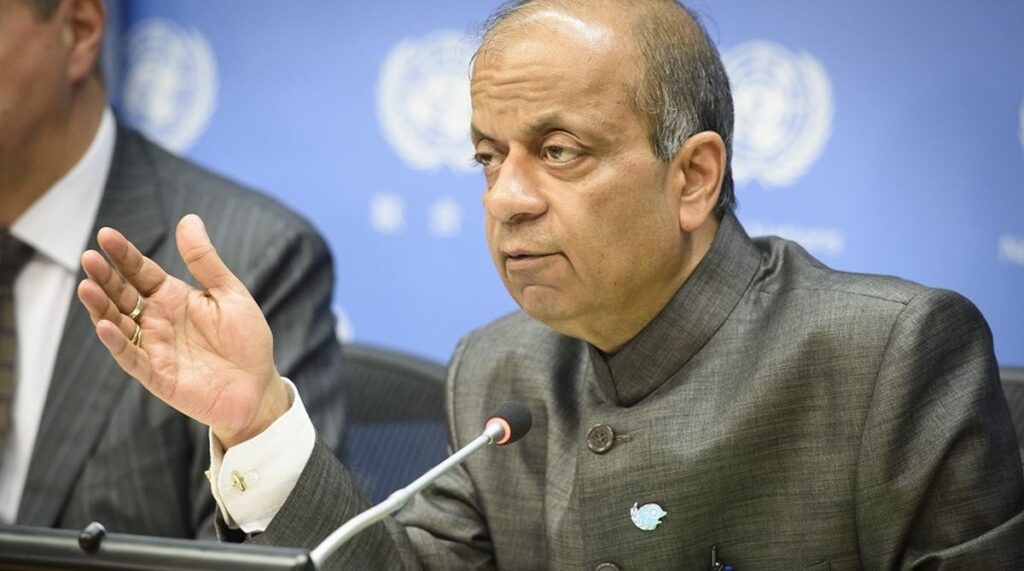
More on this story: Corruption at UN allows money flows to finance Putin’s regime in Russia
The resolution’s passage to growing Russian influence within international organizations, including allegations of corruption. The participation of UN Secretary-General António Guterres in the BRICS summit in Kazan has fueled speculation about the UN’s shifting alignment. Detractors argue the UN risks losing its impartiality and influence, echoing the fate of the League of Nations.
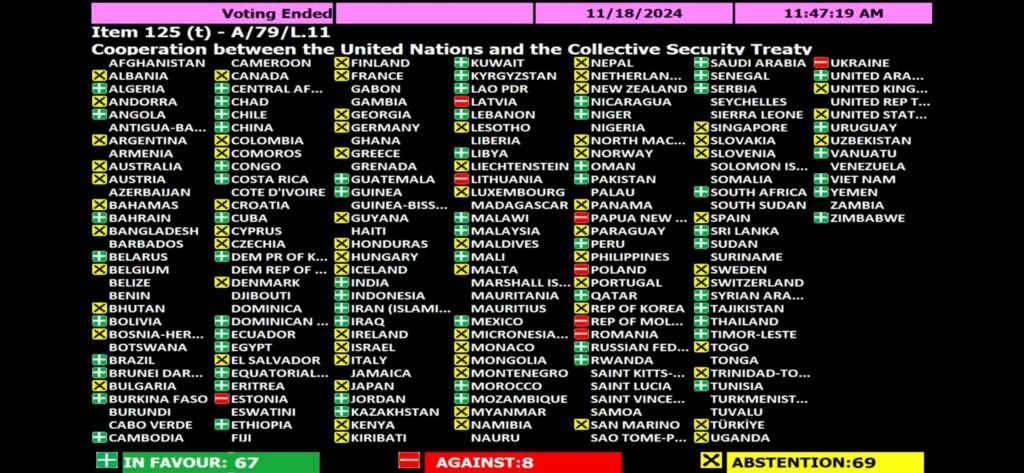
This development marks a significant geopolitical shift, as Russia leverages multilateral institutions to advance its strategic agenda while raising alarms over the potential erosion of the UN’s role as a neutral arbiter of global peace.
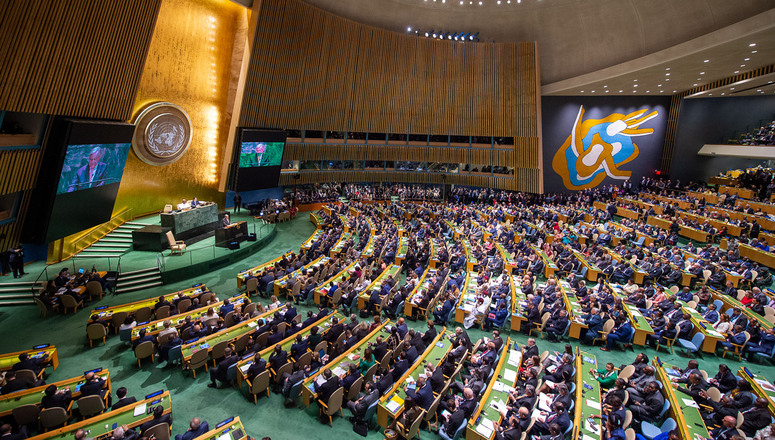
More on this story:New threats and crisis of international organizations
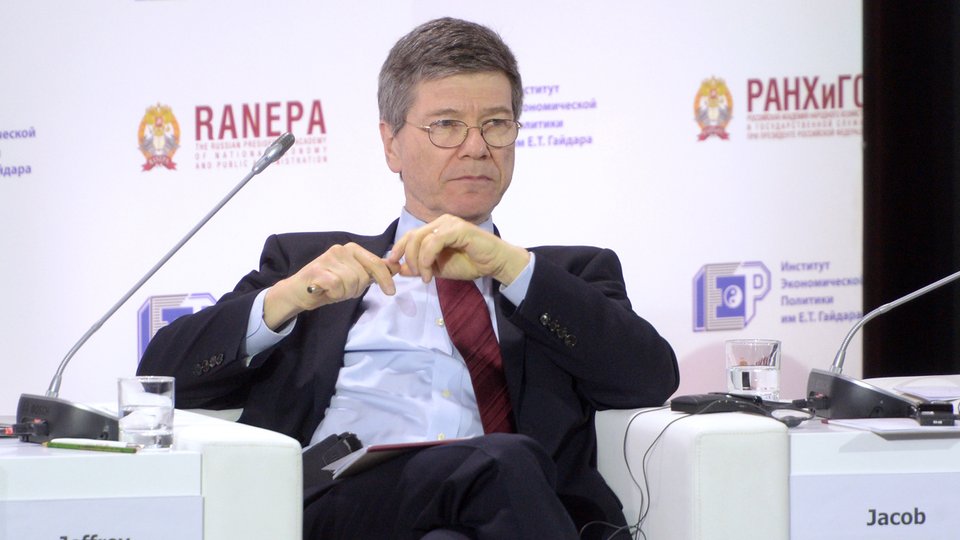
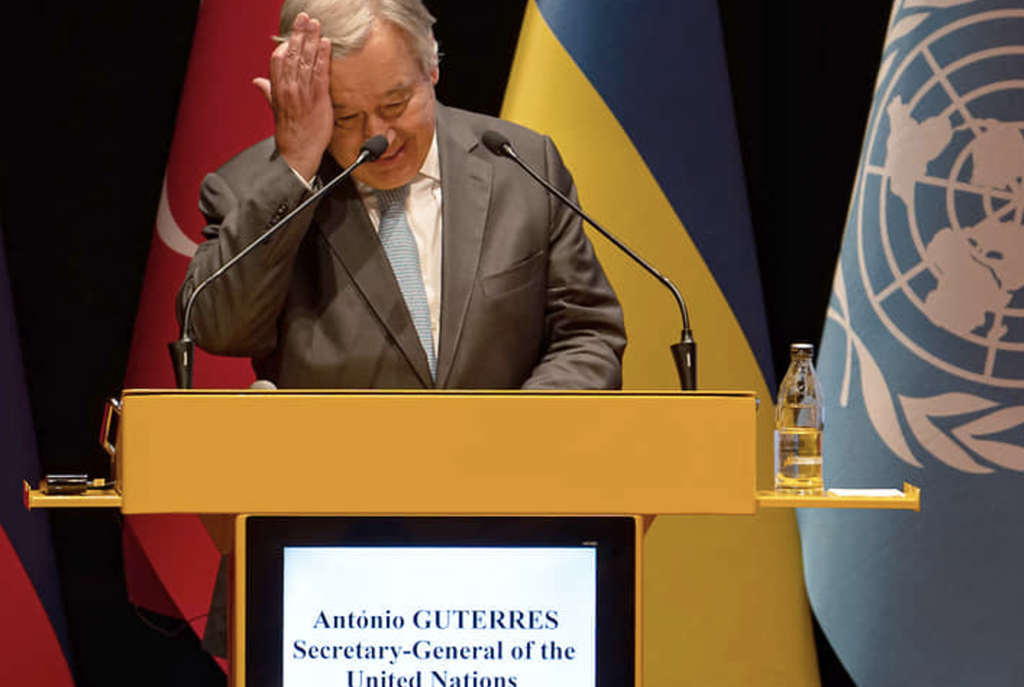
More on this story: The Risks of Exploiting Guterres’ Visit to Kazan for Russian Propaganda


